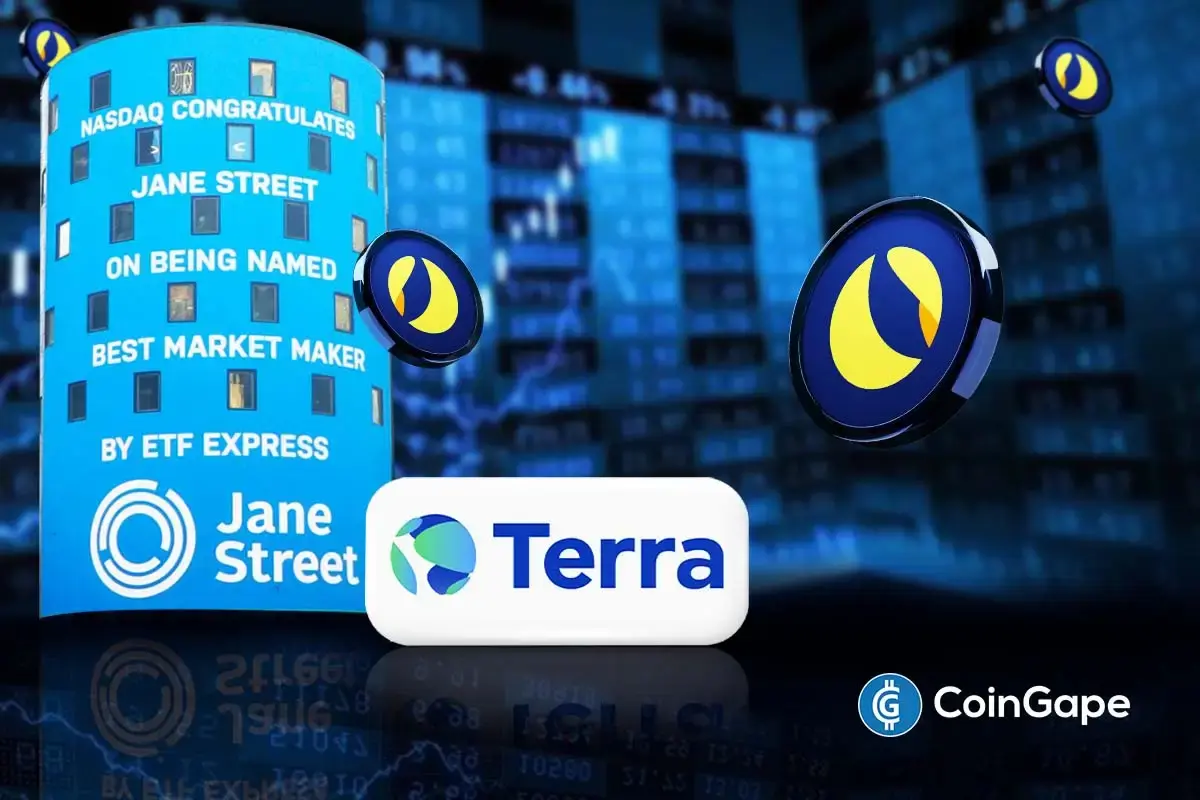Indian Trade Association CII Recommends “Special Class Securities” For Crypto

Amid the ongoing discussions on how to regulate crypto assets in India, the Confederation of Indian Industries (CII) has suggested that cryptocurrencies should be regulated as special class securities. According to a report by the CII, they have appealed to the government, to carve out a dynamic set of securities regulations, specifically to monitor crypto assets, give its decentralised nature.
The report noted that instead of reusing the already established securities law, the government should focus its oversight on “dealings and custody, rather than on issuance”, while making an exception for ICOs.
“Instead, a new set of regulations appropriate to the context of crypto/digital currencies and their jurisdiction-less, decentralised character, should be evolved and applied. This would mean regulatory focus principally on dealings and custody, rather than on issuance (except where issuance entails an Initial Coin Offering (ICO) to the public by an issuer established in India).”, stated the report.
Centralised Crypto Businesses and Taxation
Along with imposition of a special class securities law, CII also expects the Government to create centralised exchanges and custody providers instead of the currently unregulated class of intermediaries. These centralised crypto exchange platforms and custody providers will be mandated to register with SEBI along with adhering to verification systems including KYC details.
They must also comply with the Anti-Money Laundering (AML) policy which is applied for financial markets intermediaries. Additionally, these centralised crypto businesses must also be liable for maintaining a minimum capital.
“They should be held legally accountable and liable for safekeeping of the crypto/digital tokens held by participants in digital wallets offered by them. To support this obligation, the centralised exchanges may be required to maintain minimum capital and guarantee fund while complying with investor disclosure requirements which are prescribed by regulations from time to time, with respect to trading and investment risks.”
Furthermore, the ‘special class securities’ rule should also be levied on crypto assets, referring to income tax law and GST law. In order for the income tax law to act on crypto assets, they could be considered as ‘capital assets’, unless specifically treated as ‘stock in trade’.
- 8 Best White Label RWA Tokenization Platform Development Companies
- Hong Kong Stablecoin Firm RedotPay Targets $1B Raise in Potential US. IPO Debut
- Crypto Market Crash: Glassnode & 10x Research Warn Deeper Bitcoin Price Fall Ahead
- Operation Chokepoint: Federal Reserve Advances Proposal to End Crypto Debanking
- LUNC News: Terraform Labs Administrator Sues Jane Street for Terra-LUNA Crisis
- XRP Price Outlook as Clarity Act Passage Odds Plunge to 53%
- COIN Stock Risks Crashing to $100 as Odds of US Striking Iran Jump
- MSTR Stock Price Predictions As Michael Saylor’s Strategy Makes 100th BTC Purchase
- Top 3 Meme Coins Price Prediction As BTC Crashes Below $67k
- Top 4 Reasons Why Bitcoin Price Will Crash to $60k This Week
- COIN Stock Price Prediction: Will Coinbase Crash or Rally in Feb 2026?


















